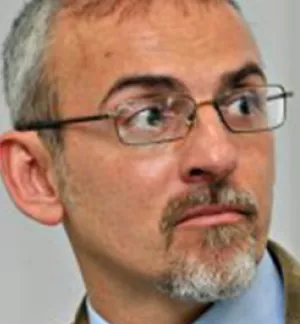Abstract
How can the states of the Middle East begin to create the political conditions under which they can achieve serious and sustained progress toward controlling and eliminating nuclear, biological, and chemical weapons? We examine the challenges and obstacles that the parties of the region will need to overcome to bring a WMD-free zone into force. The challenges include: the widespread perception that weapons of mass destruction are useful tools of statecraft, the acute lack of trust between states of the region, uncertainty over internal transitions in the Middle East, a thicket of linkages between the issues that need to be resolved, the absence of regional institutions to facilitate negotiations, and differences over the scope and verification of a ban on weapons of mass destruction. For guidance on overcoming these obstacles we draw lessons from recent history in the Middle East, from the experience of other regions in establishing nuclear weapon free zones (NWFZs), and from scholarship on the causes of cooperation in international relations. We find that in analogous cases, effective confidence building toward cooperative security depended on symmetry of capabilities and shared goals. Regional institutions have played a crucial supporting role, and internal change has facilitated disarmament processes. In the Middle East, we note that the demand for WMD in the region has waxed and waned over time, and though rarely acknowledged, the region has made significant progress over several decades in creating more favourable conditions for cooperative security. The outcome of the Iranian nuclear stalemate, Israel’s strategic choices, and civil war in Syria, will largely determine whether progress toward a WMD-free zone will occur.
We recommend a set of near-term measures that will help to clear the path toward productive negotiations. We propose broadly-focused confidence-building measures, including unilateral and sub-regional steps as well as agreement on general principles to guide negotiations. We suggest that the process of addressing WMD and other Middle East regional security issues will require a regional foundation. To address the absence of suitable institutional machinery in the Middle East, we recommend the establishment of a regional security forum as an institutional home for the ongoing discussion of WMD issues and other matters of mutual concern.
Malin, Martin and Paolo Foradori. “A WMD-Free Zone in the Middle East: Creating the Conditions for Sustained Progress.” Managing the Atom Project, Belfer Center, December 2012







